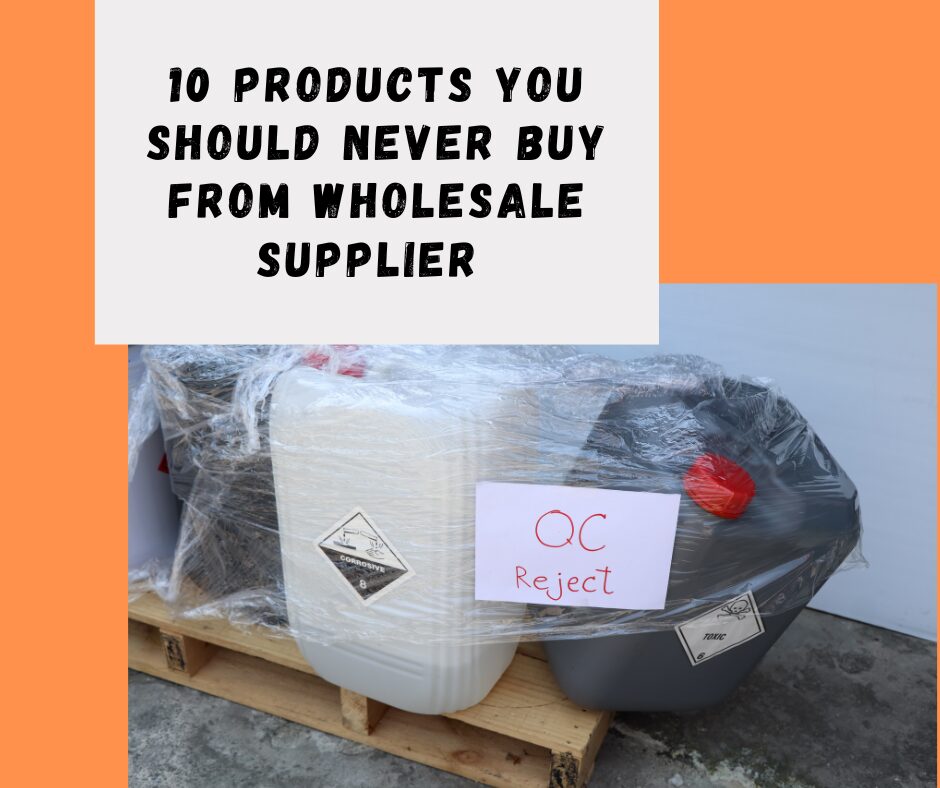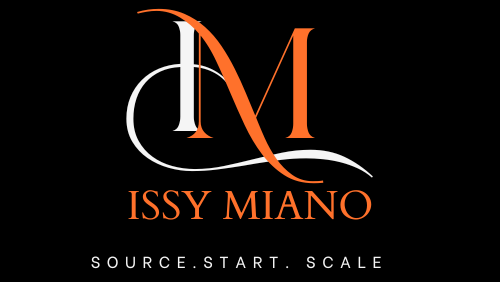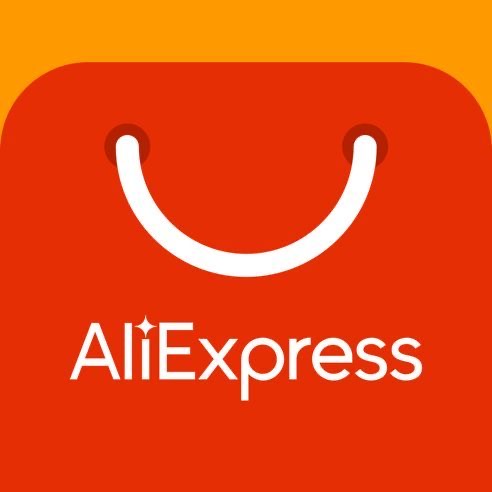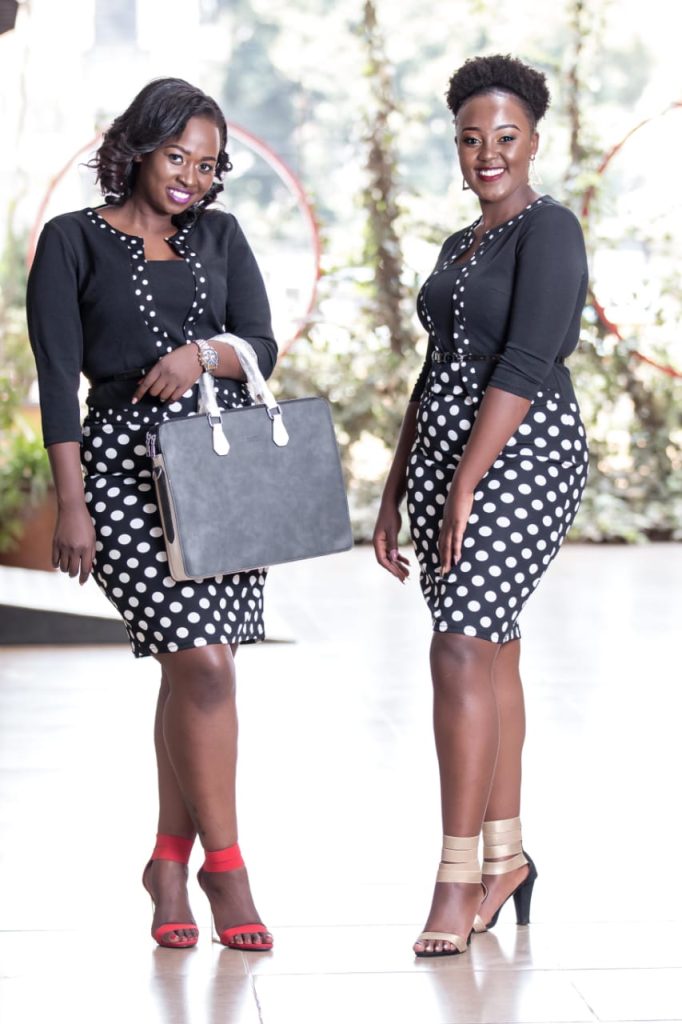10 Products You Should Never Buy from a Wholesale Supplier (Here’s Why)

Just because you can buy something wholesale doesn’t mean you should. 😬
Some products are more trouble than they’re worth—and they can kill your profits, damage your reputation, or worse… get you in legal trouble.
Before you stock up, read this list of 10 products to avoid when buying from wholesale suppliers (and what to do instead). 🚫
1. Branded Designer Items (Without Proper Authorization)
Why it’s a problem: Unless you’re an official distributor, buying branded items like Gucci, Nike, or Apple wholesale can lead to legal issues or counterfeit products.
✔️ What to do instead: Work with authorized distributors or stick to private label and unbranded items.
2. Cosmetics Without Certifications
Why it’s a problem: Low-quality or untested beauty products can cause skin reactions, get banned, or lead to returns and refunds.
✔️ What to do instead: Choose certified suppliers that meet FDA, EU, or local standards. Always ask for ingredient lists and test reports.
3. Supplements and Wellness Pills
Why it’s a problem: These are highly regulated, and if you sell something that causes harm—or makes unverified health claims—you could face legal action.
✔️ What to do instead: Avoid unless you’re sourcing from licensed manufacturers with full documentation.
4. Knockoff Electronics
Why it’s a problem: You may get cheap AirPod “dupes” or smartwatches, but they often malfunction, have poor battery life, and result in bad reviews or chargebacks.
✔️ What to do instead: Sell accessories (phone cases, stands, chargers) from trusted OEMs instead.
5. Perfumes and Fragrances with No Ingredient Info
Why it’s a problem: These often contain unknown chemicals, cause allergies, and lack proper labeling, which can get you reported.
✔️ What to do instead: Sell local niche fragrances with transparent ingredient lists or private label scents from verified manufacturers.
6. Fashion Products with Trademarked Prints or Logos
Why it’s a problem: If you see a t-shirt with a Disney, Nike, or Louis Vuitton logo from a random supplier—it’s likely illegal.
✔️ What to do instead: Source from legit boutique wholesalers or sell blank items you can customize.
7. Batteries or Power Banks from Unknown Suppliers
Why it’s a problem: Poor-quality power banks can explode, overheat, or fail—a serious risk.
✔️ What to do instead: Only source these from tech-certified manufacturers or buy in your home country to meet local standards.
8. Baby Products Without Certifications
Why it’s a problem: Items like pacifiers, bottles, or baby clothes must meet strict safety standards. One recall or safety complaint can ruin your business.
✔️ What to do instead: Only sell certified baby goods from reputable companies. Always check for compliance documentation.
9. High-Risk Health Devices (e.g., Blood Pressure Monitors, Thermometers)
Why it’s a problem: Devices that require medical accuracy need to be approved by health authorities. Inaccurate devices = liability nightmare.
✔️ What to do instead: Partner with licensed health brands or avoid selling these altogether.
10. Alcohol or CBD-Infused Products (Without Proper Licensing)
Why it’s a problem: Selling anything with CBD, THC, or alcohol content is heavily regulated, and you could face legal penalties without the right permits.
✔️ What to do instead: If you’re not licensed, avoid it completely. Stick to non-consumable wellness products.
🚫 Final Thoughts: Don’t Risk It for the Margin
Just because something is trending—or super cheap—doesn’t mean it’s a good wholesale buy. Focus on products that are:
✅ Safe
✅ Verified
✅ Legal
✅ Easy to sell
📢 Want a trusted supplier list that’s beginner-friendly and verified?
👉 Grab the Ultimate List of Wholesale Suppliers
💬 Have you ever bought something you wish you hadn’t? Let’s share the horror stories in the comments 👇
📩 Know someone starting out? Share this article before they make a costly mistake!


